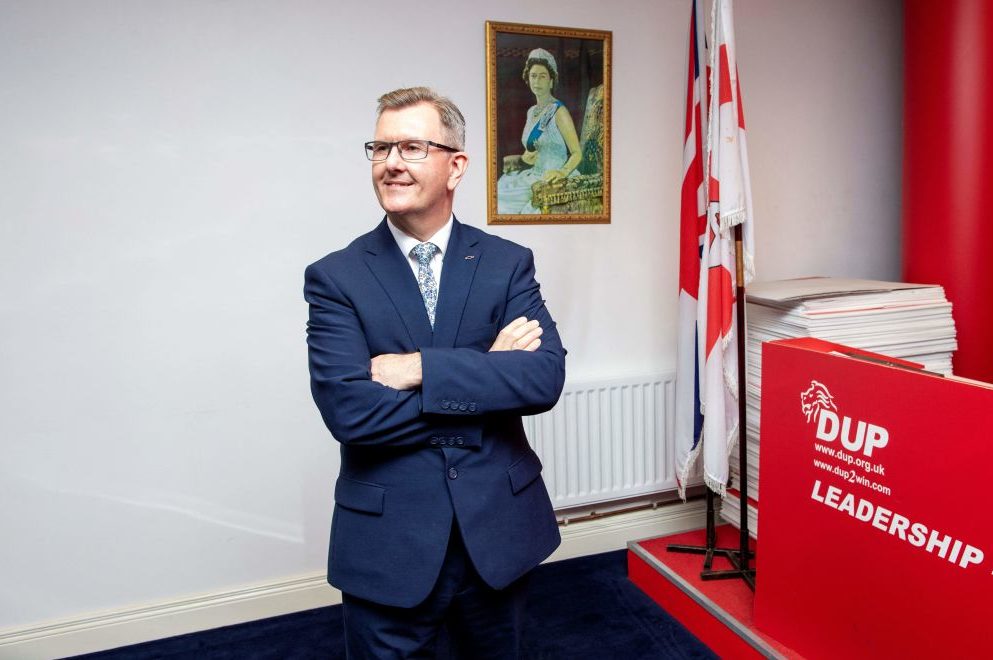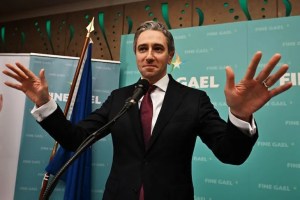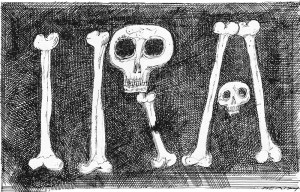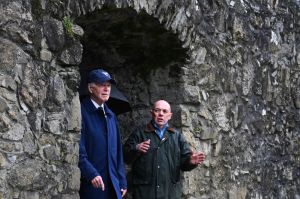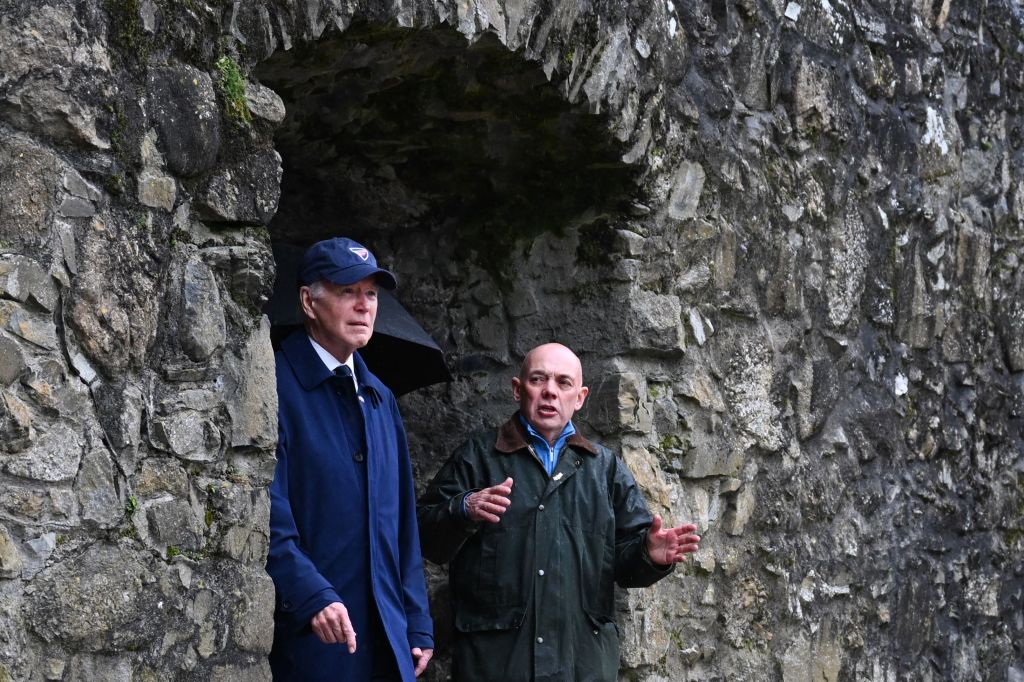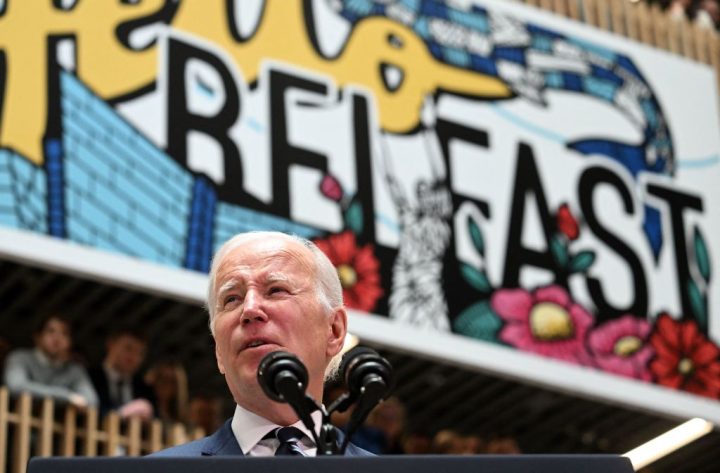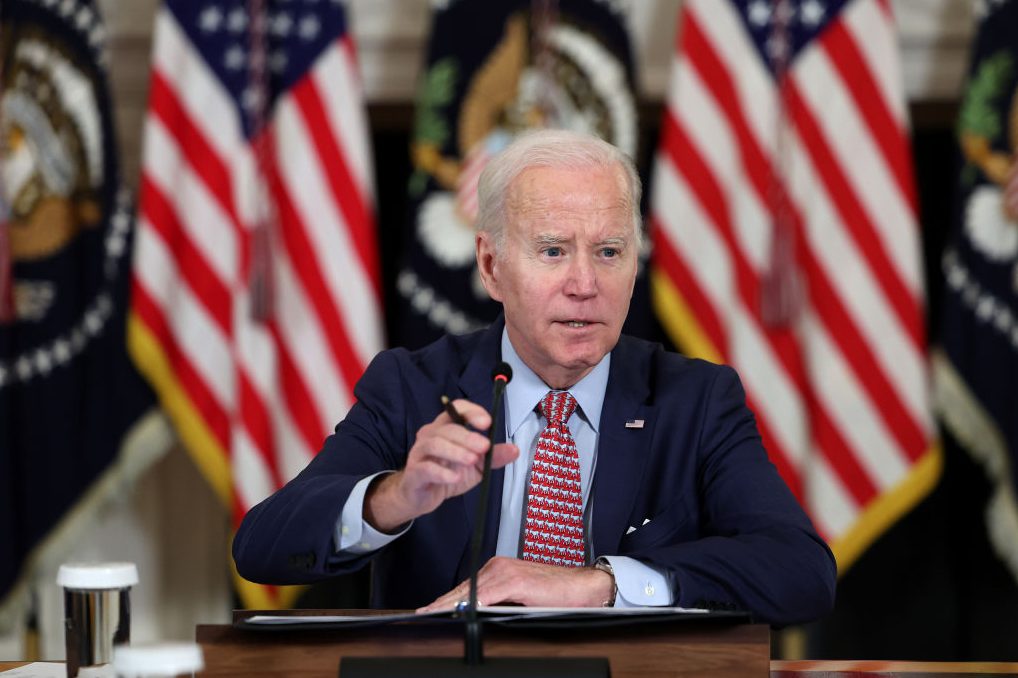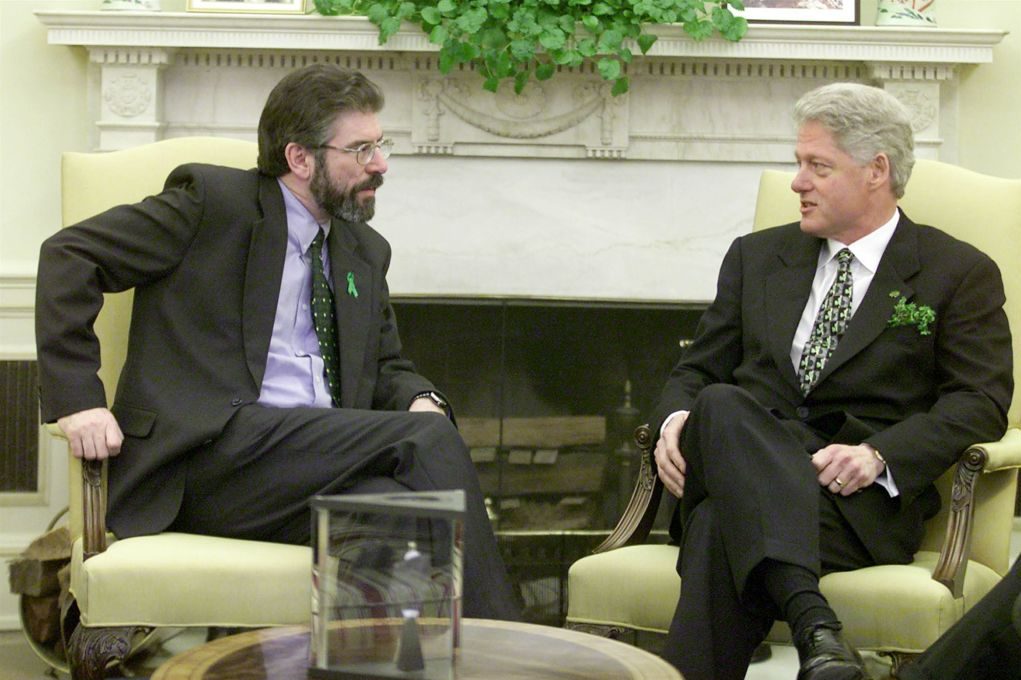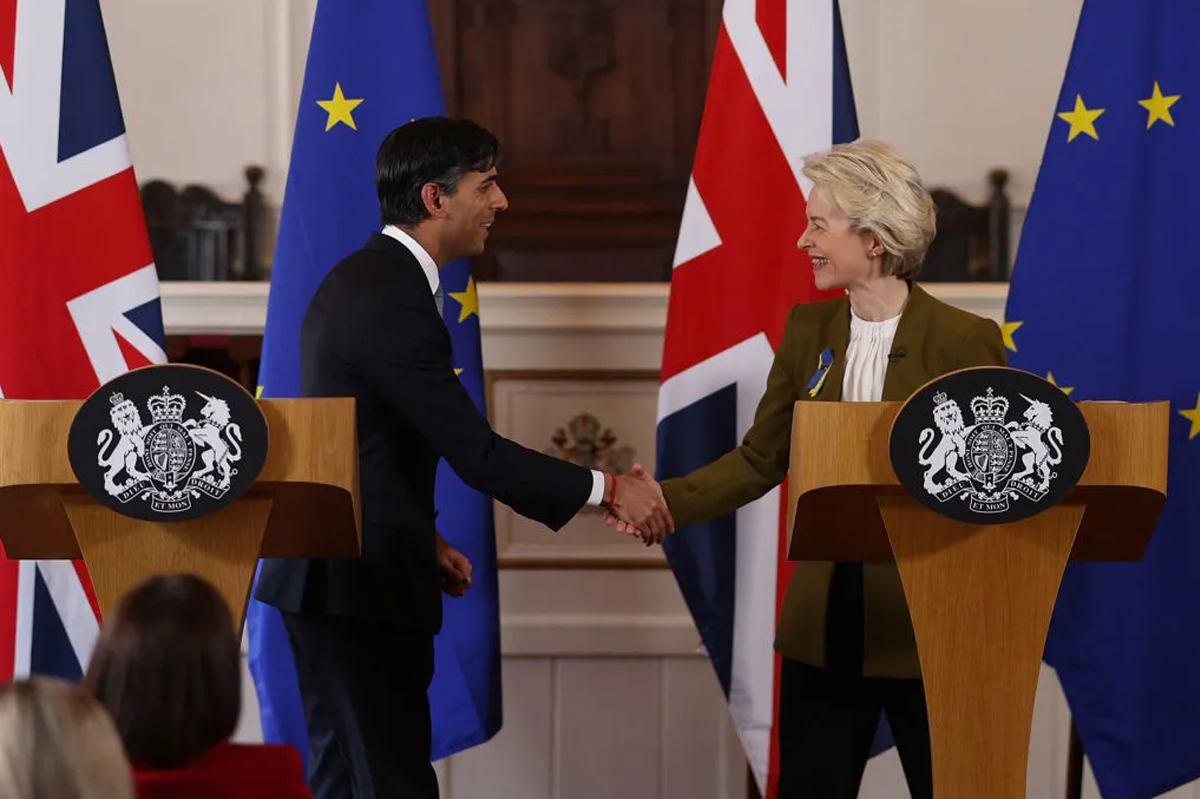Sir Jeffrey Donaldson, the Lagan Valley MP, has triumphed in the one-horse race to replace Edwin Poots as leader of the Democratic Unionist party, getting the top job at the second time of asking. Nobody else came forward to instigate a leadership election, meaning that his appointment will be rubber stamped when the party’s electoral college meets this Saturday.
Respected at Westminster, Donaldson seems a more plausible fit for high office than the gauche Poots, though both men are remarkably similar; Donaldson, like Poots, is a committed Christian and is a prominent Orangeman.
History is never far away from the politics of Northern Ireland. Donaldson’s win coincides with the centenary of the opening of the Northern Ireland parliament. The future of the current form of devolved government is the central issue in Donaldson’s in-tray.
Donaldson has said that while ‘the coalition government is unwieldy, it ensures every voice is heard’. However, one of his first actions will be a discussion with Boris Johnson ‘to emphasize that it is not realistic to expect stability when every unionist representative in the devolved institutions opposes the Northern Ireland Protocol’.
Last week probably proved instructive for Donaldson’s future approach, having seen Sinn Féin gain firm commitments from the British government on Irish language legislation. They did so by laying seeds of doubt about the future of devolution. But adopting a similar high-stakes approach and telling the British government ‘it’s Stormont or the Protocol’ is an approach laden with risk for Donaldson, given the DUP will be heading into any early election on terrible polling numbers. Yet nonetheless, it could prove an accurate reading of Britain’s desire to do anything to avoid direct rule.
Donaldson’s red lines are already clear; it was trailed in the local press over the weekend that he is likely to demand no barriers to trade between Northern Ireland and Great Britain and ‘full respect for the Act of Union’ to keep the Stormont show on the road.
Interestingly, his predecessor Edwin Poots did use an interview to say that he had been advised by the Northern Ireland Office that a ‘victory’ on the Protocol can be expected by July but did not offer any details. This may well be a less than subtle call for his successor not to scare the horses just yet. Poots also floated the idea of a referendum in Northern Ireland on the Protocol; if that is the UK government’s promise to the DUP, it would be brave of them and unionism more broadly to sign up to a binding, binary referendum which could deliver the wrong outcome from their perspective.
The Protocol is not the only live and present threat to devolution; the impasse around the implementation of the New Decade, New Approach agreement’s provisions relating to the Irish language is the other clear priority Donaldson will have to grapple with. Sinn Fein will see no reason to abandon the guarantees they received from Brandon Lewis on this last week, however, given Edwin Poots’ tacit acceptance of that arrangement accelerated the end of his leadership, Donaldson will be expected by his party to pursue a different approach.
Despite the customary blandishments from Donaldson about ‘working together’, devolution is in a precarious position.
There is a logistical challenge facing Donaldson as well. An MP since 1997, he will have to be co-opted into the Northern Ireland Assembly and his departure from Westminster will trigger a by-election in his Lagan Valley constituency. Donaldson, then a member of the UUP, inherited the seat from the party’s former leader, the late Jim Molyneaux and enjoyed substantial majorities until 2019, when it dropped from just over 19,200 votes to 6,499.
The Alliance party’s Sorcha Eastwood who finished second that time is likely to run again. There are also suggestions that Brenda Hale — a former MLA firmly on the Donaldson wing of the party — will be the DUP’s pick. While it is in the DUP’s gift when to begin the process of choosing Donaldson’s replacement, a by-election setback in a seat which has been unionist since its inception would be an unwelcome development for the new man in charge.
When he gets to Stormont, the composition of his new ministerial team will also have to go some way to ensuring that Poots’s wing is kept in the tent. After a month of unprecedented infighting, Donaldson must now rally his party together.
Of course, even if he succeeds, this could all count for little if devolution falls apart. Donaldson famously worked for Enoch Powell when he was the Unionist MP for South Down; Powell was passionately against devolution and fully in favor of Northern Ireland’s absolute, unfettered integration into the day-to-day political life of the UK. How his protégé squares that circle is the primary question in the weeks ahead.
This article was originally published on The Spectator’s UK website.



